
Gaming PC or Laptop: Which One Suits Your Gaming Needs?
Gaming PC vs. Gaming Laptop: Which One Should You Choose?
When it comes to gaming, the choice between a gaming PC and a gaming laptop is one of the most common dilemmas for both new and experienced gamers. Each option has its pros and cons, making the decision highly dependent on your gaming needs, budget, and lifestyle. In this blog post, we’ll explore the key differences between gaming PCs and gaming laptops to help you determine which is the right choice for you.

1. Performance & Power
- Gaming PC:
- Raw Power: Gaming PCs generally offer superior performance due to their larger, more powerful components. Desktop GPUs and CPUs are more robust and can handle higher workloads, leading to better frame rates and smoother gameplay.
- Upgradeable Hardware: One of the major advantages of a gaming PC is the ability to upgrade individual components like the GPU, CPU, RAM, and storage. This means you can keep your system up-to-date with the latest technology without buying a whole new machine.
- Gaming Laptop:
- Portability: While gaming laptops can’t match the raw power of high-end gaming PCs, they still pack a significant punch, especially the higher-end models. They are equipped with powerful GPUs and CPUs that can run most modern games at respectable settings.
- Thermal Limitations: Due to their compact size, gaming laptops often face thermal challenges, leading to throttled performance during extended gaming sessions. However, advances in cooling technology have mitigated this issue in many newer models.
2. Portability & Convenience
- Gaming PC:
- Stationary Setup: A gaming PC is meant to be stationary, typically set up in a dedicated gaming space. This allows for larger displays, better ergonomics, and more immersive gaming experiences, but it means you’re tied to one location.
- Peripheral Freedom: With a gaming PC, you have the freedom to choose your peripherals, from mechanical keyboards and gaming mice to high-refresh-rate monitors and surround sound systems. This level of customization enhances your overall gaming experience.
- Gaming Laptop:
- On-the-Go Gaming: The main advantage of a gaming laptop is its portability. You can game anywhere, whether at home, a friend’s house, or on the move. This flexibility is ideal for students, travelers, or anyone who needs their gaming device to be mobile.
- All-in-One Package: Gaming laptops come with built-in displays, keyboards, and trackpads, making them a convenient all-in-one solution. While you can connect external peripherals, the out-of-the-box experience is ready for gaming right away.
3. Cost & Value
- Gaming PC:
- Cost-Effective: Initially, building or buying a gaming PC can be more expensive, but in the long run, it can be more cost-effective. The ability to upgrade parts means you can extend the life of your system without the need for a full replacement.
- Customization: You have the option to tailor your PC to fit your budget. Whether you want a high-end rig or a more modest setup, you can choose components that meet your specific needs and financial constraints.
- Gaming Laptop:
- Higher Initial Cost: Gaming laptops tend to be more expensive than gaming PCs with similar specs. This is due to the compact design and the inclusion of a built-in display, battery, and other components.
- Limited Upgradability: While some gaming laptops allow for upgrades, such as adding more RAM or replacing storage, they are generally less customizable than gaming PCs. This can limit their longevity as newer, more demanding games are released.
4. Longevity & Future-Proofing
- Gaming PC:
- Long-Term Investment: A well-built gaming PC can last many years with regular upgrades. As technology advances, you can replace outdated components without the need to buy a new system, keeping your setup relevant and powerful.
- Modularity: The modular nature of gaming PCs means that you can keep up with the latest technology without discarding the entire system. This not only extends the life of your gaming rig but can also be more environmentally friendly.
- Gaming Laptop:
- Shorter Lifespan: Gaming laptops typically have a shorter lifespan compared to gaming PCs. As internal components are harder to upgrade, you might find yourself needing to buy a new laptop sooner, especially as games become more resource-intensive.
- Battery Life: While gaming laptops offer portability, their battery life during gaming sessions is often limited. Most gaming laptops require being plugged in to achieve peak performance, which can diminish the advantage of portability.
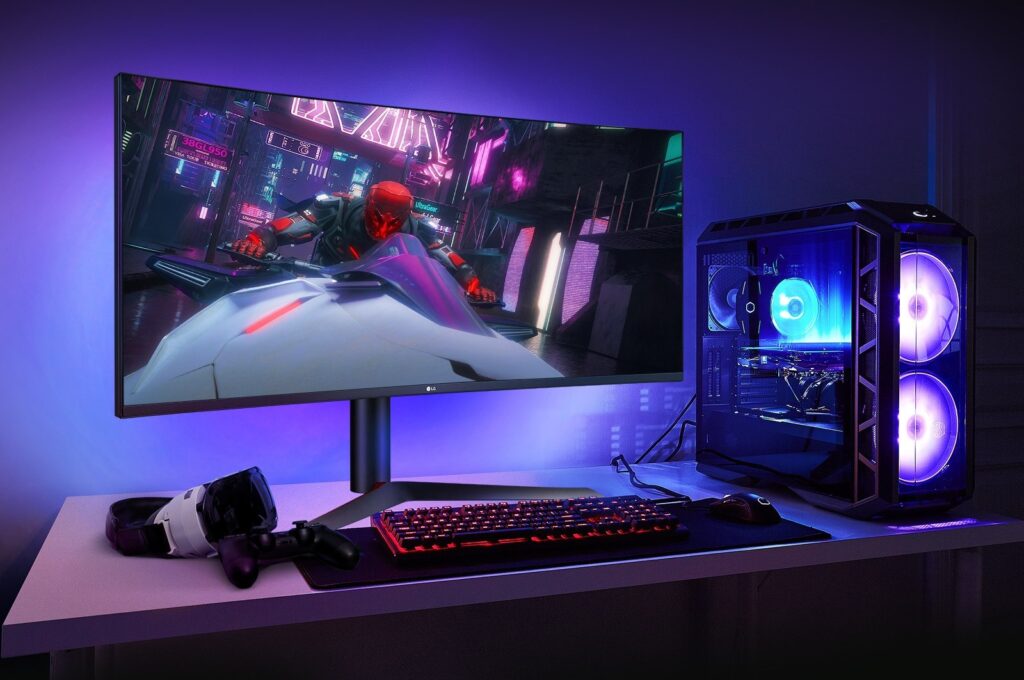
5. Gaming Experience
- Gaming PC:
- Immersive Setup: A gaming PC setup with a large monitor or even multiple monitors, high-quality speakers or a headset, and a customized keyboard and mouse can provide an incredibly immersive gaming experience. The flexibility in choosing these peripherals means you can create the perfect gaming environment.
- VR and High-End Gaming: If you’re interested in VR gaming or pushing games to their highest settings, a gaming PC is generally the better option. PCs have the power to handle these demanding tasks with ease.
- Gaming Laptop:
- Casual Gaming on the Go: While gaming laptops can handle serious gaming, they are also great for more casual gaming on the go. Whether you’re playing a quick match during a break or enjoying a gaming session while traveling, the laptop’s portability makes it convenient.
- Integrated Display: The built-in display on a gaming laptop is typically smaller than a desktop monitor, which might affect your gaming experience. However, many gaming laptops offer high-refresh-rate screens and excellent resolution, providing a great on-the-go experience.
Conclusion: Which Should You Choose?
Choosing between a gaming PC and a gaming laptop depends on your specific needs and lifestyle:
- Choose a Gaming PC if you:
- Prioritize performance and upgradability.
- Have a dedicated space for gaming.
- Want a more immersive and customizable gaming experience.
- Are looking for a long-term investment.
- Choose a Gaming Laptop if you:
- Need portability and the ability to game on the go.
- Prefer an all-in-one solution without the need for additional peripherals.
- Don’t mind paying a premium for convenience and compact design.
- Want a device that can double as both a gaming machine and a work/school laptop.
Both gaming PCs and laptops have their own strengths, and the right choice depends on what’s most important to you. Consider your gaming habits, lifestyle, and budget before making a decision. Whichever you choose, both options offer the potential for great gaming experiences.
With this guide, you should have a better understanding of whether a gaming PC or a gaming laptop is the right choice for your gaming needs. Happy gaming!






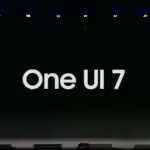




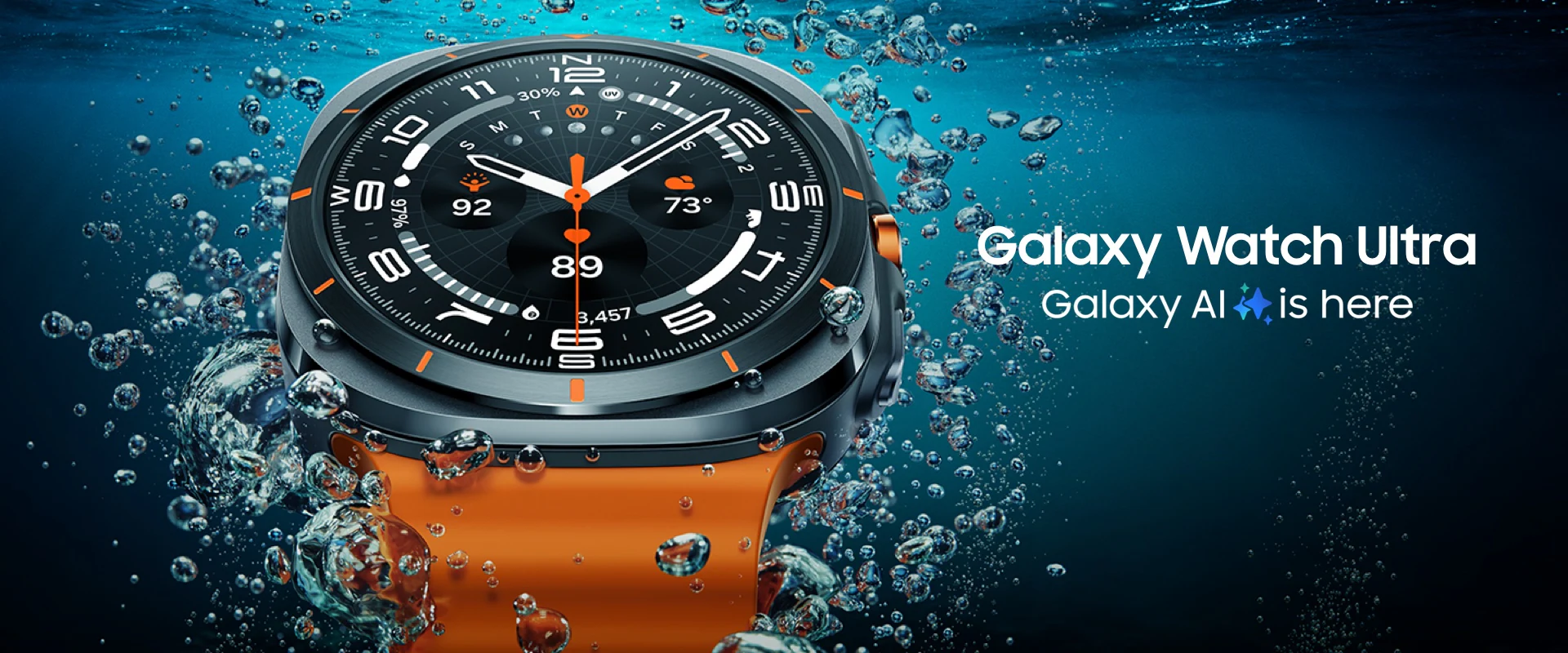
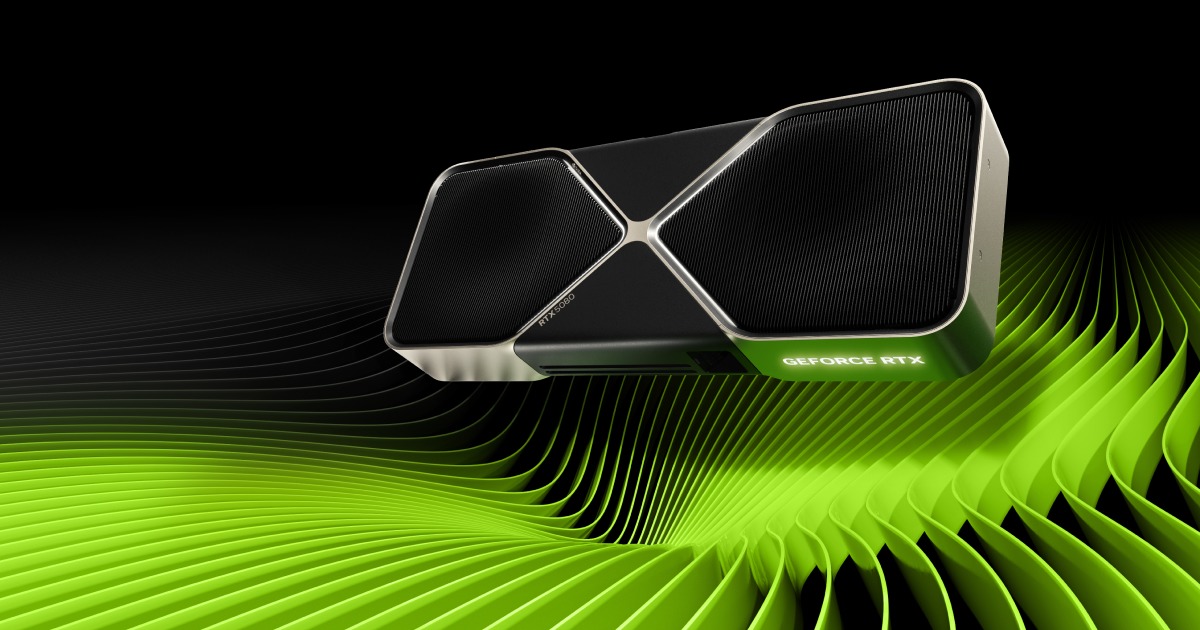



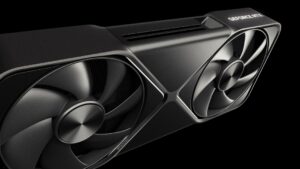



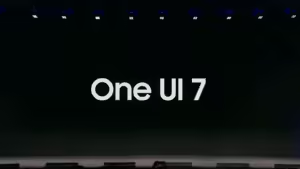
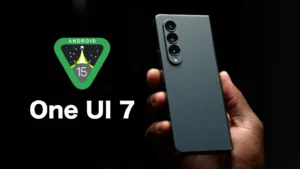

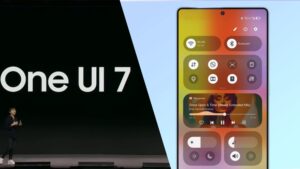
Post Comment